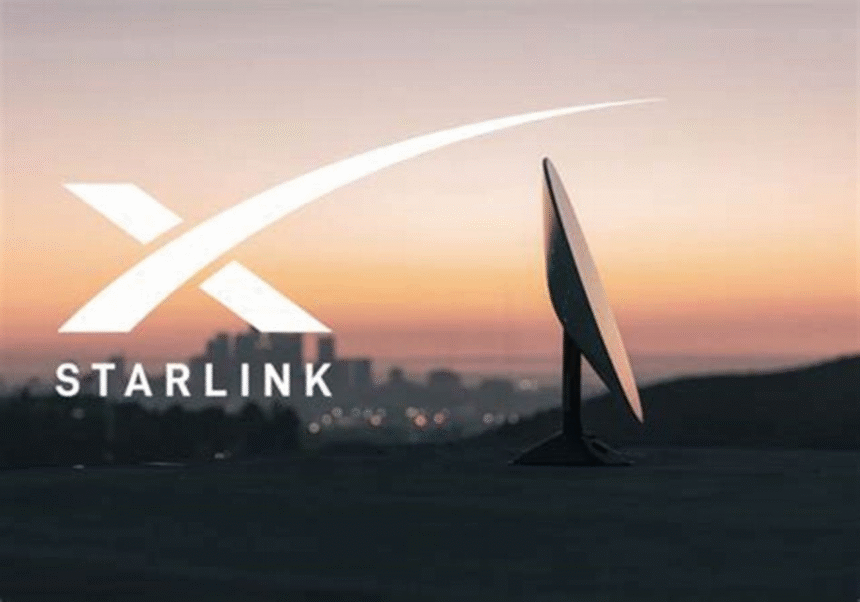On Friday, according to two people who spoke to Reuters, a major roadblock for Starlink of Elon Musk, a satellite provider that has long sought acceptance into India, was lifted after the company received the license by ministry of telecom to start commercial operations in India.
Musk is pleased with the ruling since SpaceX’s $22 billion in contracts and space missions with the US government are in jeopardy because of his public conflict with President Donald Trump.
Starlink is the third business to be granted a license by the Indian Department of Telecommunications, after the approval of similar applications from Reliance Jio and Eutelsat’s OneWeb to provide services in the country.
A request for comment was not immediately answered by the Department of Telecommunications or Starlink. Due to the delicate nature of the subject, the sources chose not to be identified.
During his February trip to the United States, Musk met with Prime Minister Narendra Modi, with whom he discussed India’s worries regarding satisfying certain security requirements and Starlink’s launch plans.
Even though Starlink has overcome a significant obstacle, it is still a long way from starting commercial services in India, where it has been waiting for licenses to operate since 2022.
A third person with firsthand knowledge of the procedure stated without providing specifics that Starlink is almost done obtaining the special license that it still requires from India’s space regulator.
According to one of the two sources, Starlink will have to install ground infrastructure, obtain spectrum from the government, as well as prove through testing and trials that it complies with the security guidelines it has agreed to.
The source added that it can start selling its equipment and services to clients only after receiving approval from Indian security authorities.
The individual said that:
“This will take a couple of months at least and will be a rigorous process.”
In March, Jio and Bharti Airtel, both Indian telecom businesses, made the unexpected announcement that they will collaborate with Musk to stock Starlink equipment in their retail locations. However, they will continue to compete by providing broadband services.
For months, Musk and Jio, owned by billionaire Mukesh Ambani, argued over how India should distribute spectrum for satellite services. The Indian government agreed with Musk that spectrum had to be allocated rather than put up for auction.
In May, the telecom regulator in India suggested that satellite service providers pay the government 4% of their yearly revenue for providing services. This proposal has been criticized by local players as being unfairly low and detrimental to their operations.
According to Deloitte, the satellite broadband service market in India is expected to reach a valuation of $1.9 billion by 2030, making it a profitable market for companies such as Starlink and Amazon’s Kuiper, which is now seeking a license.
